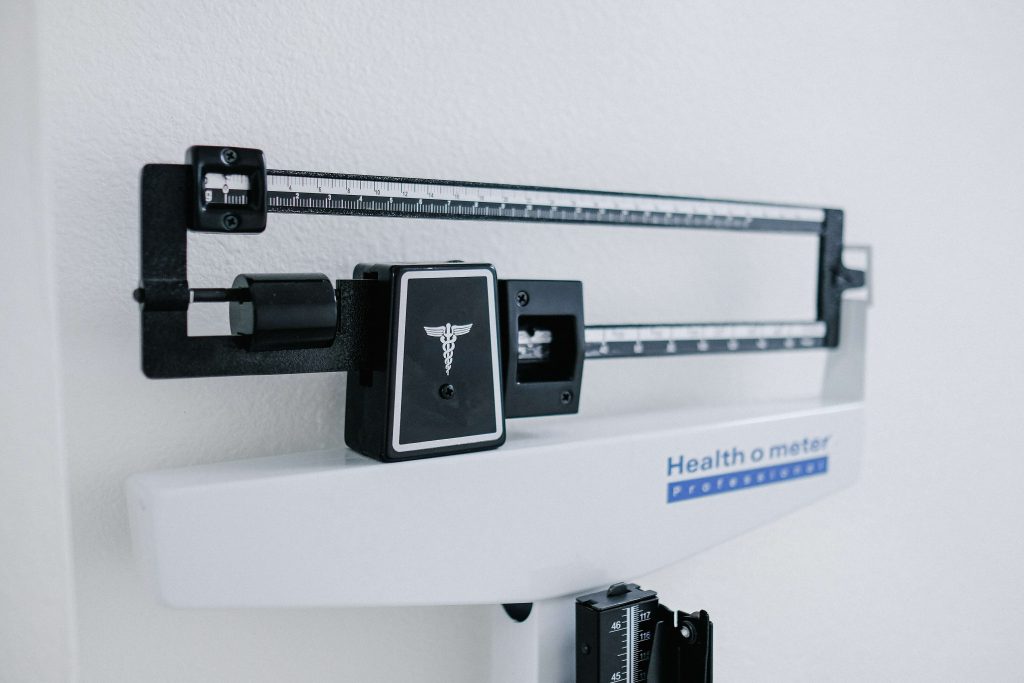
In the labyrinth of digital connectivity, social media stands as a powerful force shaping our perceptions, behaviors, and, some might argue, our very identities. Its exponential growth has intricately interwoven these platforms into the fabric of our daily lives, dramatically altering how we consume information and dictate social norms. But could this be a double-edged sword? More importantly, are we underestimating the subtler, darker facets of social media use, particularly when it comes to the pressing global issue of eating disorders? Does social media cause eating disorders? In this blog we answer that and the causes, nuances, and dangers of this topic.
A Consequential Connection
Social Media Use and Disordered Eating Behaviors
Mounting evidence from a plethora of scientific studies suggests a link between social media engagement and the development or exacerbation of eating disorders, particularly among the impressionable youth. A longitudinal study of 500 adolescents reported a significant correlation between time spent on specific social media platforms and the emergence of disordered eating behaviors. The findings weren’t mere anomalies but rather a bellwether of a far-reaching issue.
The Instagram Effect
Weaved into visually-rich feeds and the intoxicating scroll, platforms like Instagram foster an environment ripe for comparison. A poignant case study underscores this very occurrence, where a young adult attributes her eating disorder to the insidious comparison culture, images of unattainable beauty, and lifestyle that permeate the platform. Her narrative resonates with countless others, painting a vivid picture of social media’s role in sparking a personal health crisis.
A Deluge of Content and its Impacts
The Inescapable Onslaught
According to a recent statistical analysis, social media platforms bombard us with thousands of images. These images subtly instruct our perceptions of desirability and normalcy. Studies indicate that this inundation can erode self-esteem and foster dissatisfaction with one’s body image. Negative body image is a known precursor to disordered eating.
Community Empowerment and Shifting Tides
Despite the grim implications, not all hope is lost. Community-based initiatives are charting a different course, incorporating digital literacy and positive body image campaigns into social media landscapes. The outcome illustrate how communities can wield social media as a force for empowerment and healthy identity formation.
Navigating the Digital Age with a Fresh Perspective
Digital Well-being and Self-Regulation
It’s evident that the omnipresence of social media necessitates a paradigm shift, both at the individual and societal levels. Enhancing digital wellness education can provide tools to consume social media conscientiously and in a way that nurtures mental well-being.
Industry and Regulatory Reforms
The onus also falls on the tech industry and regulators to enforce responsible platform designs and content curation. Self-regulation and awareness-raising campaigns within tech companies are beginning to bear fruit. The call grows stronger for platforms tweak their algorithms to promote healthier content and discourage toxic comparison.
Building an Inclusive Narrative
Amplifying Diverse Narratives
Fostering a diverse and inclusive array of stories and images on social media is imperative to dilute the homogenizing influence of unrealistic standards. When individuals can resonate with a broad spectrum of experiences and body types, the veneer of perfection starts to crack. This makes room for a more authentic and accepting social media landscape.
Engaging with Social Media Mindfully
Real change begins with our actions and choices. This proactive approach is the first line of defense in protecting our mental health against the inadvertent barrage of toxic messaging.
Conclusion
In the quest to address the concerning link between social media and eating disorders, it’s imperative to recognize the pivotal role of technological advancements in promoting mental well-being. Companies like Troomi Wireless are leading the charge with innovative solutions designed to protect teenagers from the harmful effects of social media and cyberbullying. By providing access to essential features while shielding users from potential stressors, such as harmful content and negative interactions, these advancements offer a ray of hope in navigating the digital landscape safely. Troomi Wireless not only prioritizes technological solutions but also emphasizes education and awareness, empowering individuals to make informed choices about their online behaviors. Through collaborative efforts and the integration of such innovations, we have the opportunity to forge a new relationship with social media—one that is informed, constructive, and ultimately life-affirming.
Interested in learning more? Click here
